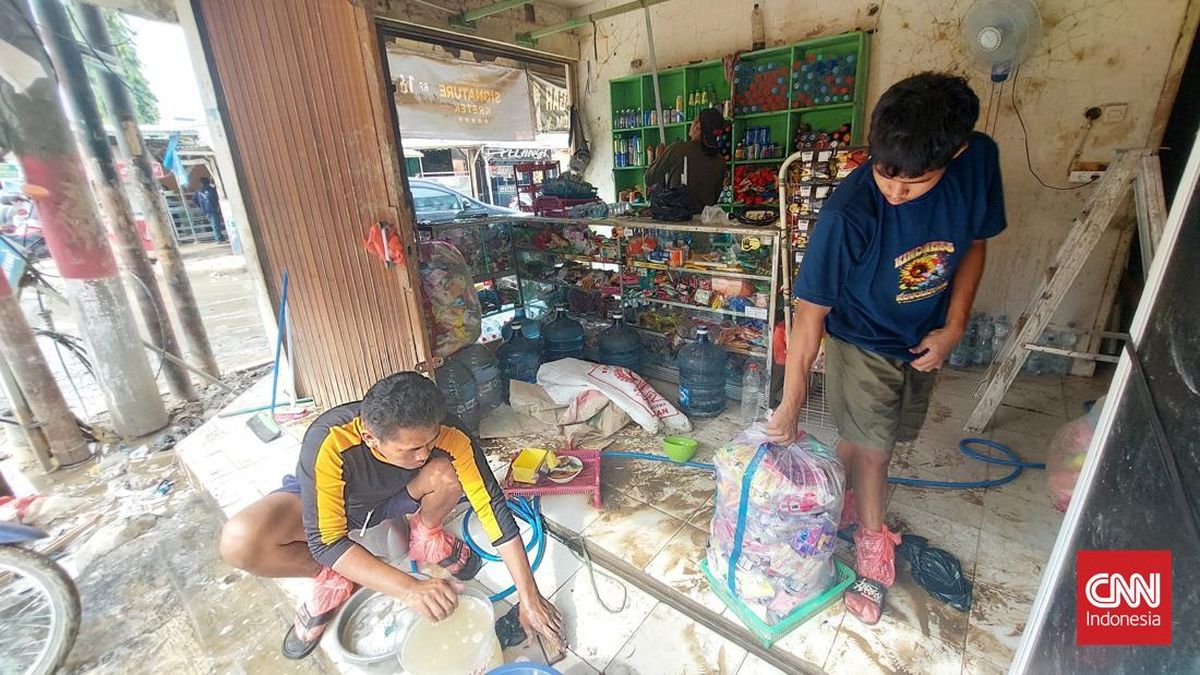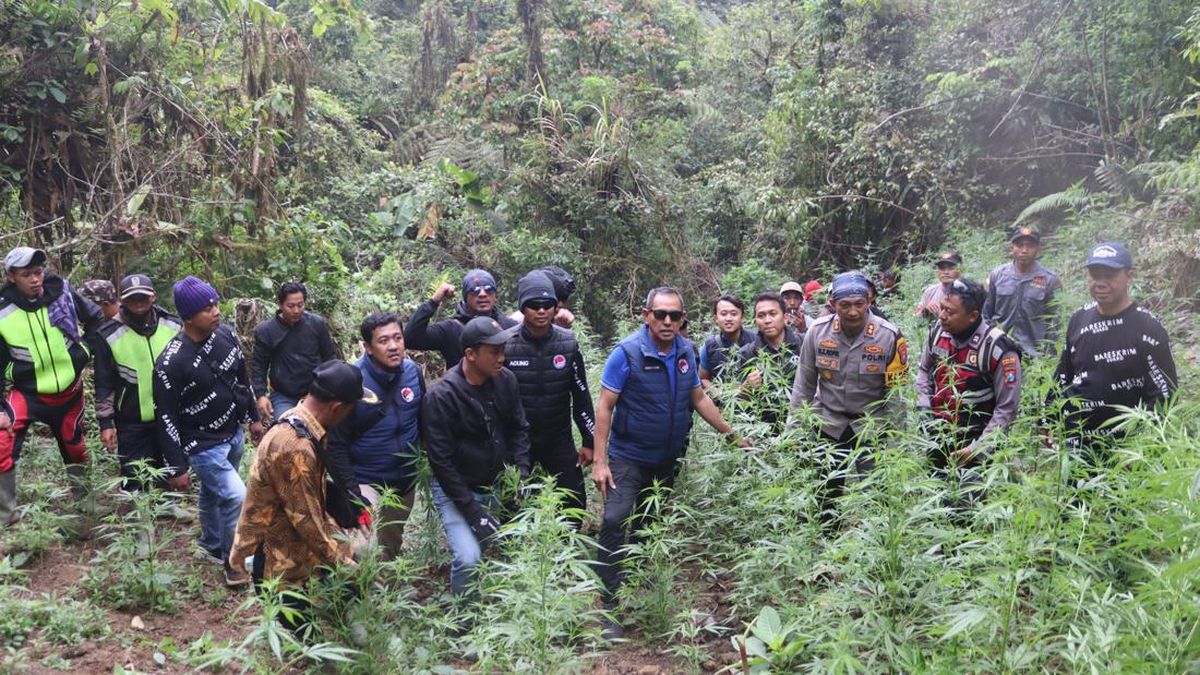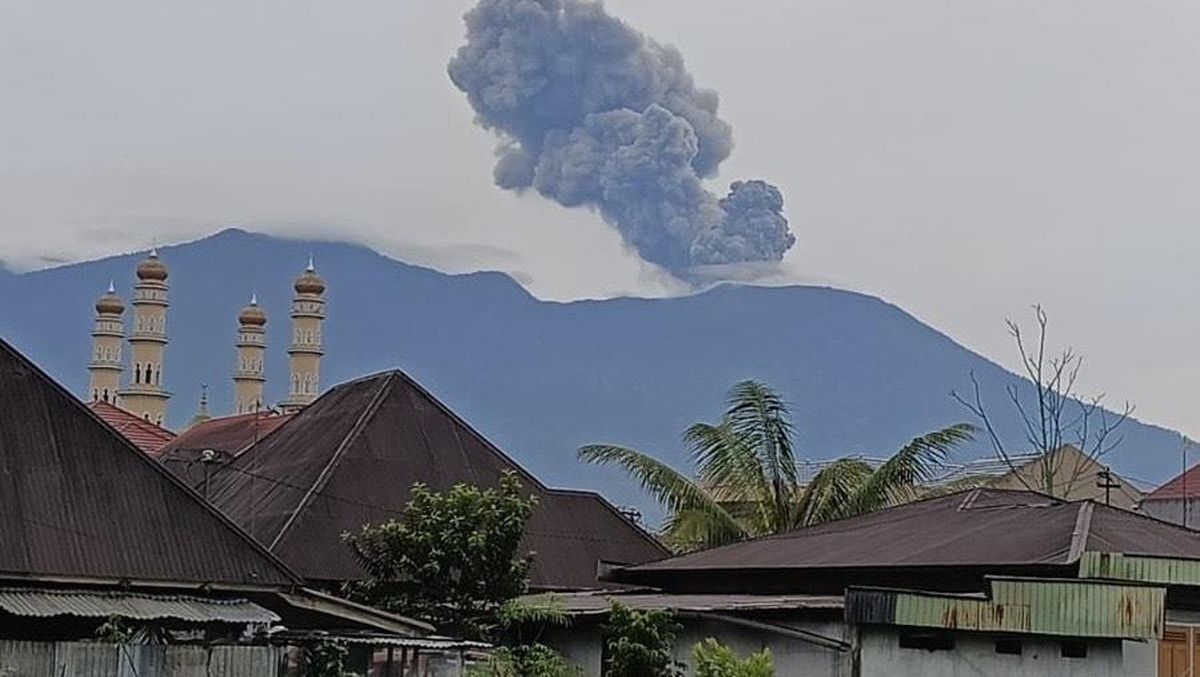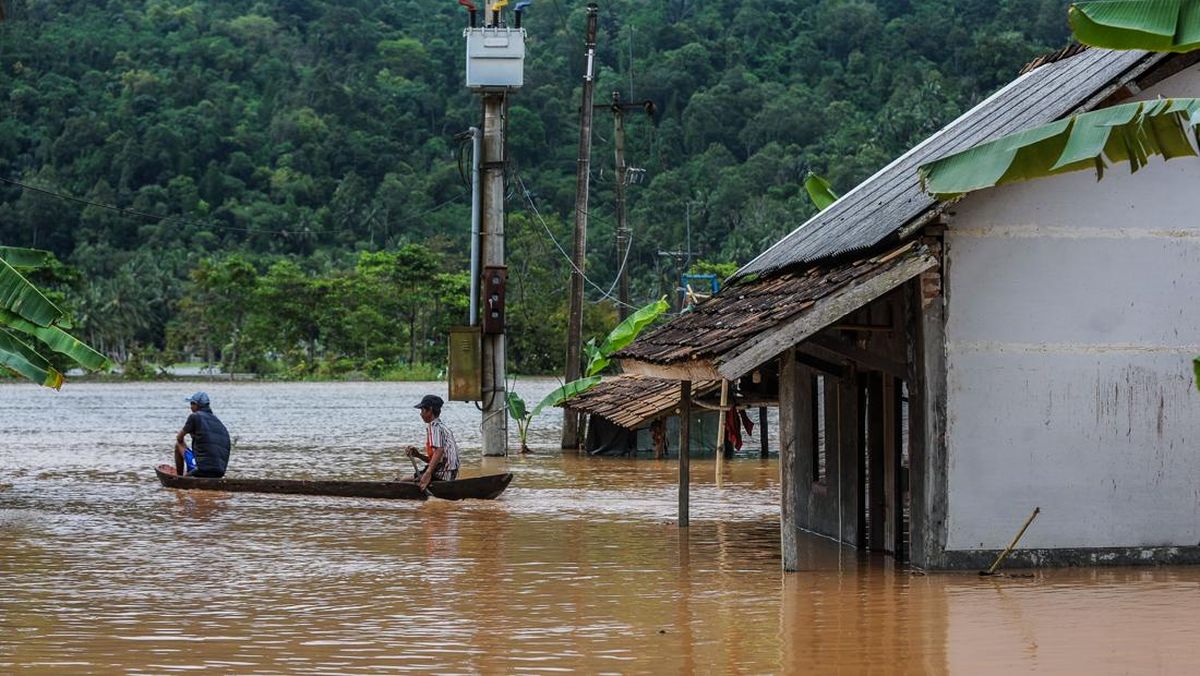TEMPO.CO, Jakarta - Tokyo is renowned as a modern city, but the capital of Japan does not forget its traditional charm, making the city even more fascinating. If you want to fully enjoy the allure of this urban landscape, there are several things to know before commencing your journey.
As reported by Time Out Travel and Lonely Planet, the following are a number of helpful Tokyo travel trips and important things to know before arriving in the city.
Tokyo Travel Tips
1. Taking the Train from the Airport to the City Center
When journeying to a new destination, transportation is a fundamental aspect requiring preparation. If you need to travel between different locations, which mode should you choose? Trains are a reliable means of transport during a visit to the Land of the Rising Sun.
Upon arrival at Narita Airport, travelers have the option to book round-trip tickets for the Narita Express. Additionally, the TYO-NRT Airport Bus is available for travelers who prefer bus transportation.
2. Preparing Necessary Medications
Traveling means being prepared for unexpected things, including health issues. As a tourist, it might be a bit difficult to buy medicine in Japan, not to mention that certain medications need a doctor's prescription. Therefore, make sure to carry basic remedies such as cold medicine, pain relievers, or allergy medication.
3. Downloading Essential Mobile Apps
Numerous mobile applications can make your vacation in Japan easier. One of them is Japan Travel by Navitime, useful for obtaining weather forecasts or planning travel routes. Ensure to have Safety Trips on your phone to receive emergency alerts in case of a disaster. Furthermore, a translation application, such as DeepL or Google Translate, will prove invaluable for communication.
4. Consistently Monitoring the Weather Forecast
A crucial piece of advice before traveling to Japan: always make certain to monitor the weather forecast. In addition to ensuring that the itinerary goes as planned, checking the weather forecast can also help in deciding what to wear for the day: should you wear a t-shirt or layer up with a thick jacket?
5. Using Uber for Transportation
Tourists can book an Uber in Tokyo, although it is a little different. In Japan, Uber serves as a platform to summon a taxi. However, a notable advantage of Uber in Tokyo is its availability in English, and all transactions are cashless.
6. Locating Places to Withdraw Cash
While traveling in Japan largely accommodates non-cash transactions, this mostly applies to large stores. Therefore, if you require physical currency, travelers can withdraw it at Japan Post (Yucho Bank) branches or at convenience stores such as Lawson and 7-Eleven.
7. Carrying Your Passport for Duty-Free Discounts
Many department stores in Tokyo offer duty-free discounts to international tourists. To avail yourself of these savings, travelers must present their passports at the time of shopping.
8. Taking the JR Train for Short Trips from Tokyo
If your itinerary includes visits to destinations such as Nikko, Kawaguchiko, or Mount Fuji, travelers can purchase JR train tickets, particularly the advantageous Tokyo Wide Pass. This pass enables tourists, including foreign residents in Japan, to explore these areas for three consecutive days.
9. Storing Belongings in Public Lockers
Tokyo features a public locker system scattered in train stations and shopping centers, especially those located in bustling city centers. With starting from 400 yen, or around Rp47,000, this service makes it easier movement for travelers without the burden of carrying luggage.
10. Being Aware of Potential Discrimination in Japan
A final, yet important, aspect to be aware of before going to Tokyo is the issue of discrimination in Japan. Although generally known to be polite and friendly, a small portion of the local population may not be entirely open to the presence of gaijin or foreigners, especially those from Africa and Southeast Asia. This can unfortunately manifest as refusal of service at certain onsen (hot springs) or restaurants.
Should you encounter such a situation in Tokyo or elsewhere in Japan, remain calm, respect local customs, and seek out more tourist-friendly alternatives.
Editor's Choice: 10 Most Beautiful Places in Asia, Indonesia's Komodo National Park on Top
Click here to get the latest news updates from Tempo on Google News













































